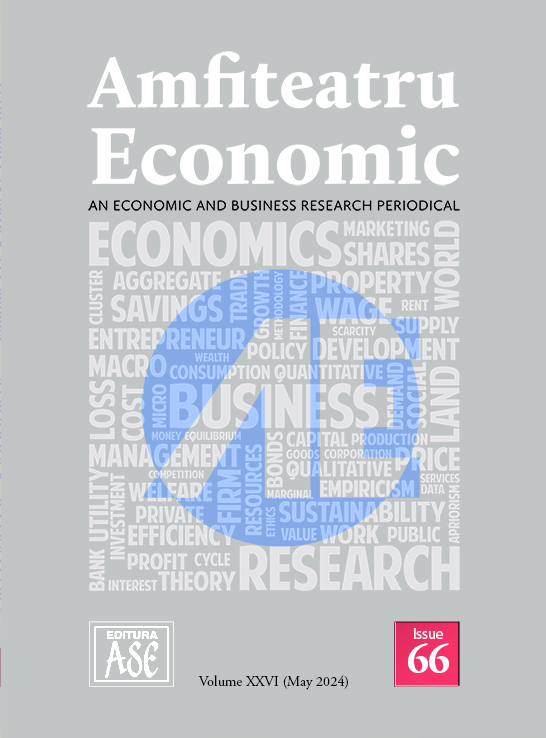The Influence of Contexts in the Process of Choosing a University Product
The Influence of Contexts in the Process of Choosing a University Product
Author(s): Dumitru Miron, Raluca Ecaterina Brandabur, Nicolae Daniel Măiță, Flavius Darie, Dumitru Goldbach, Ion-Dănuț LixandruSubject(s): Business Economy / Management
Published by: EDITURA ASE
Keywords: intellectual capital; context; informed decision-making process; study programme; sustainable education
Summary/Abstract: In the current global context, organisations are compelled to reposition themselves in the distribution chain due to changes in consumer behaviour. Consumers no longer simply seek products and services; instead, they are pursuing the maximisation of satisfaction promised by their providers. The authors of this article have focused their analytical efforts on highlighting specific aspects of the diverse challenges that consumers must find optimal solutions to at the time of purchase decision. Within this dynamic framework, intellectual capital plays an increasingly important role, its core components being human capital, relational capital, and structural capital. Addressing the human capital component, the authors of this study have directed their analytical approach toward the key determinants of young people's decisions to opt for specific study programmes, aiming to explain how educational offerings can be personalised and adapted. Methodologically, an econometric model is employed, allowing universities to conduct a stakeholder analysis to gather information to determine a matrix of the expressed interest and influence power of various categories of interests in societal terms. The paper presents the results of testing the foundations of students' choices for a particular university-level study programme. Furthermore, the research sought to establish the desirable level of econometric robustness of the basic vectors in the decision-making process regarding the selection of a specific set of competencies and cognitive skills promised by the study programmes. Based on the operationalisation of the specific methodological tools, a panel of tools has been constructed for universities to attempt to meet the expectations of future students.Candidates and students can also use these tools to find ways to optimise resources related to the creation, modification, and promotion of study programmes through the planning of competitive strategies and simultaneous action as promoters of social responsibility.
Journal: Amfiteatru Economic
- Issue Year: 26/2024
- Issue No: 66
- Page Range: 648-665
- Page Count: 18
- Language: English

